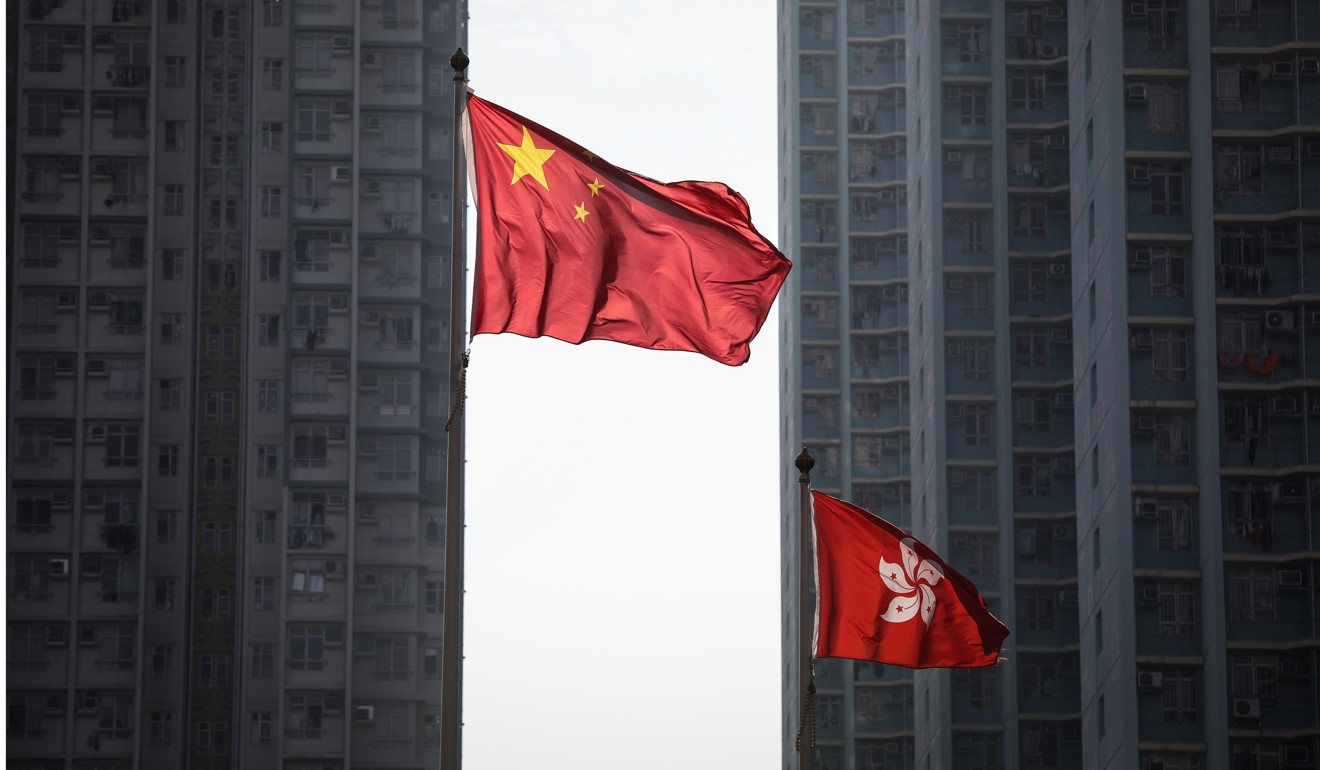
Four potential flashpoints for Hong Kong in 2019: national anthem law, mainland tourists, Lantau reclamation, and elections
- There will be plenty to push people’s buttons in the coming year
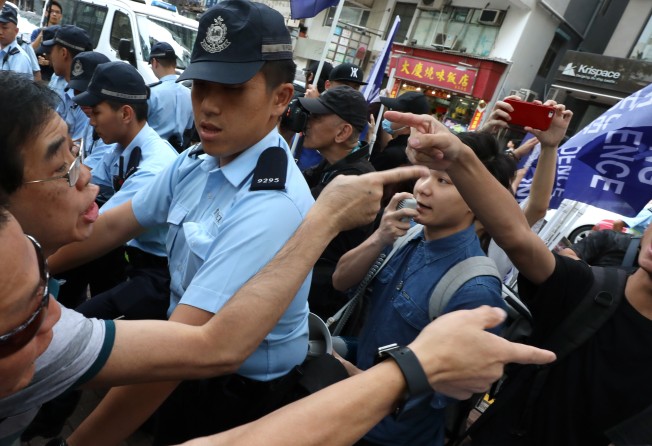
The year 2018 was rough for Hong Kong’s pro-democracy bloc, after it lost two seats in the legislature to the pro-establishment camp in two by-elections. It was also the year when the government set firm red lines on pro-independence activists, raising concerns over freedom of expression. What will shape the city’s politics and become flashpoints for conflict in 2019? We take a look at just four potential hotspots:
1. Legislation on a national anthem law
More than a year in the works, the National Anthem Bill is set to be tabled at the Legislative Council by the government in early 2019.
The proposed law has been preceded by its insertion into Hong Kong’s mini-constitution – the Basic Law – by China’s top legislative body in November 2017.
The move came after football fans in Hong Kong repeatedly booed the Chinese national anthem at local games.

Pro-democracy politicians have voiced concern that the law could restrict freedom of speech in Hong Kong, but it remains unclear if pan-democrats will protest during Legco meetings to delay the passage of the bill.
Civic Party leader Alvin Yeung Ngok-kiu said pan-democrats would take a position on voting only after the government submitted the final version of the bill.
“If the bill cannot protect freedom of speech and creativity in the arts … we will oppose it,” Yeung said.
Following changes to Legco’s rule book of procedures in 2017, lawmakers can no longer return to a meeting in the chamber after being kicked out. A source in the pro-democracy camp said legislators would therefore have to “pick their battles” more carefully.
With the backing of the pro-establishment camp, the bill is likely to pass as it only requires a simple majority. The pro-establishment camp occupies 43 out of 70 seats in Legco.
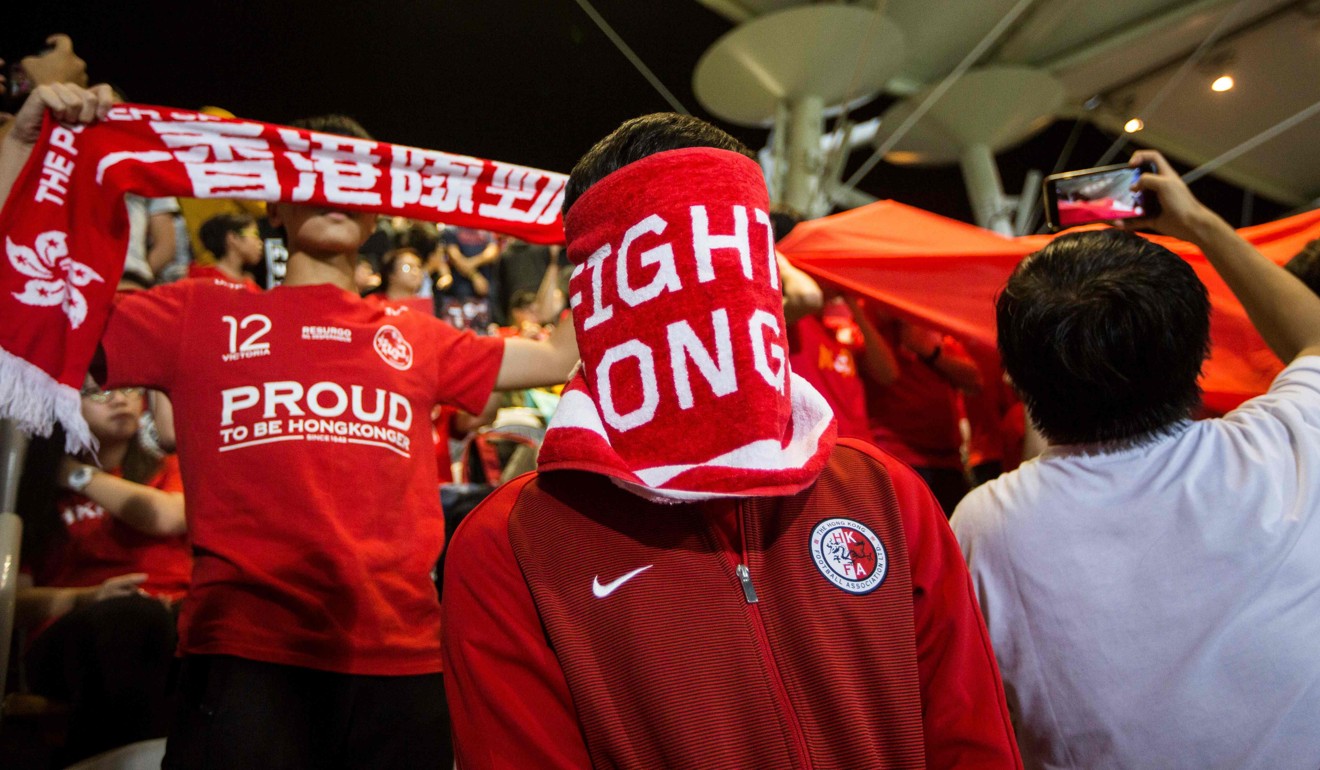
2. Peak season on the Hong Kong-Zhuhai-Macau Bridge
The opening of the Hong Kong-Zhuhai-Macau Bridge in late October reignited friction between Hong Kong residents and mainland tourists.
At their peak, 55,413 people entered the city via the bridge’s Hong Kong port in November.
The bridge brought a surge in tourists to Tung Chung, a town close to the port.
Residents in the area complained of inconvenience for road users and locals going about their daily activities.
Tension eventually led to a rowdy protest in November, during which two were arrested.
Although the crowds had eased by December, pro-Beijing lawmaker Holden Chow Ho-ding warned that large numbers of visitors could return as soon as New Year’s Day.
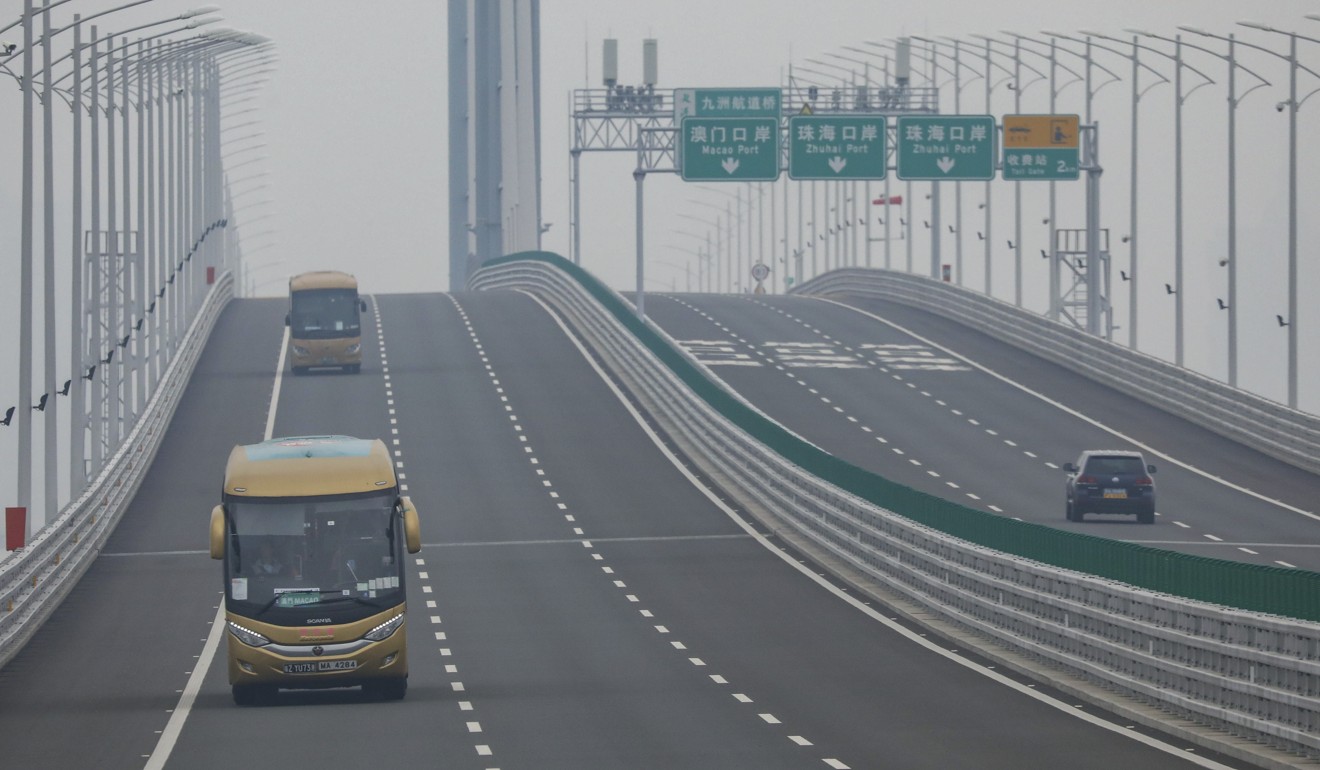
Chow, who is also a Tung Chung district councillor, said tourists could return during the mainland’s three-day holiday starting on January 1.
Tourism sector legislator Yiu Si-wing, however, said mainland authorities had taken measures to limit the number entering via the bridge.
These included prohibiting tour agencies from organising “one-day tours” at weekends, he said.
“If these measures continue to be in place, the problem should not reoccur,” Yiu said.
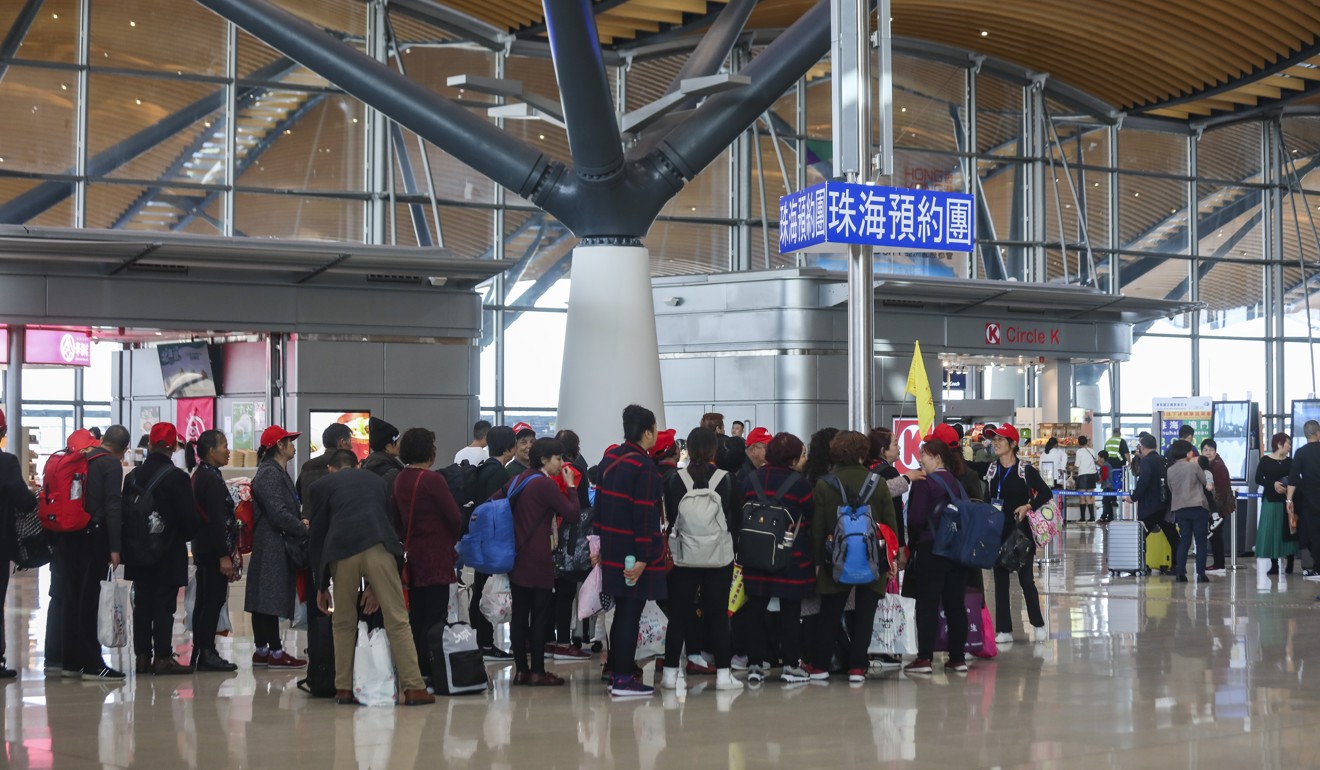
3. Funding application to kick-start the Lantau Tomorrow Vision
The ambitious proposal to create 1,700 hectares of land by way of reclamation off Lantau was announced in Chief Executive Carrie Lam Cheng Yuet-ngor’s policy address in October.
It is expected to house 1.1 million people and could take decades to complete.
Officials have yet to provide a cost estimate, but government sources expected the project to require upwards of HK$500 billion (US$63.84 billion).
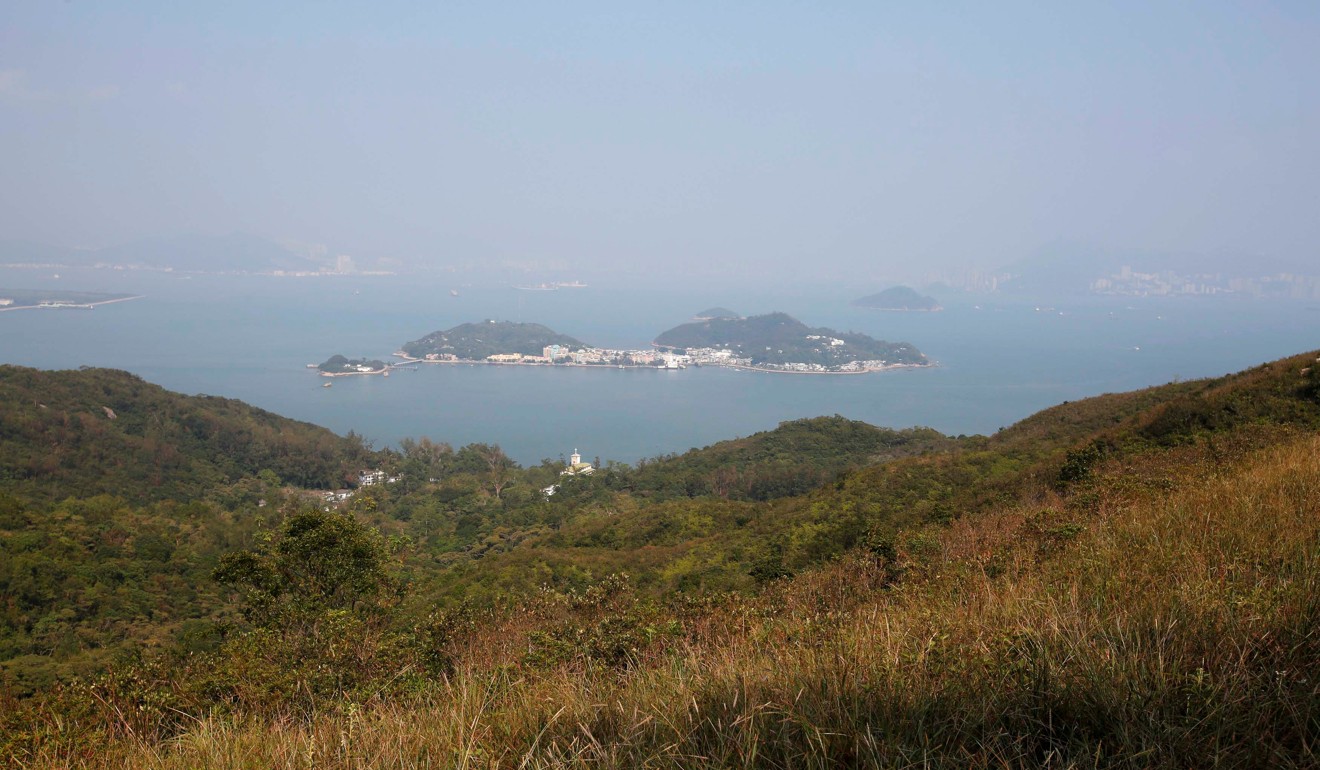
Soon after its announcement, Lam’s proposal was criticised for the potentially high cost and environmental impact.
Although the proposal brought some 5,800 protesters to the street, Lam remained undeterred and will press on.
In a document to Legco’s Public Works Subcommittee in November, the government said it was planning to start feasibility studies in late 2019.
But it will first have to seek funding from Legco’s Finance Committee.
Democratic Party chairman Wu Chi-wai said the funding application would definitely face resistance.
“The area is so large, it is clearly more than society was expecting,” Wu said.
The government should consider tweaking the proposal to better suit society’s needs before tabling it at Legco, he said.
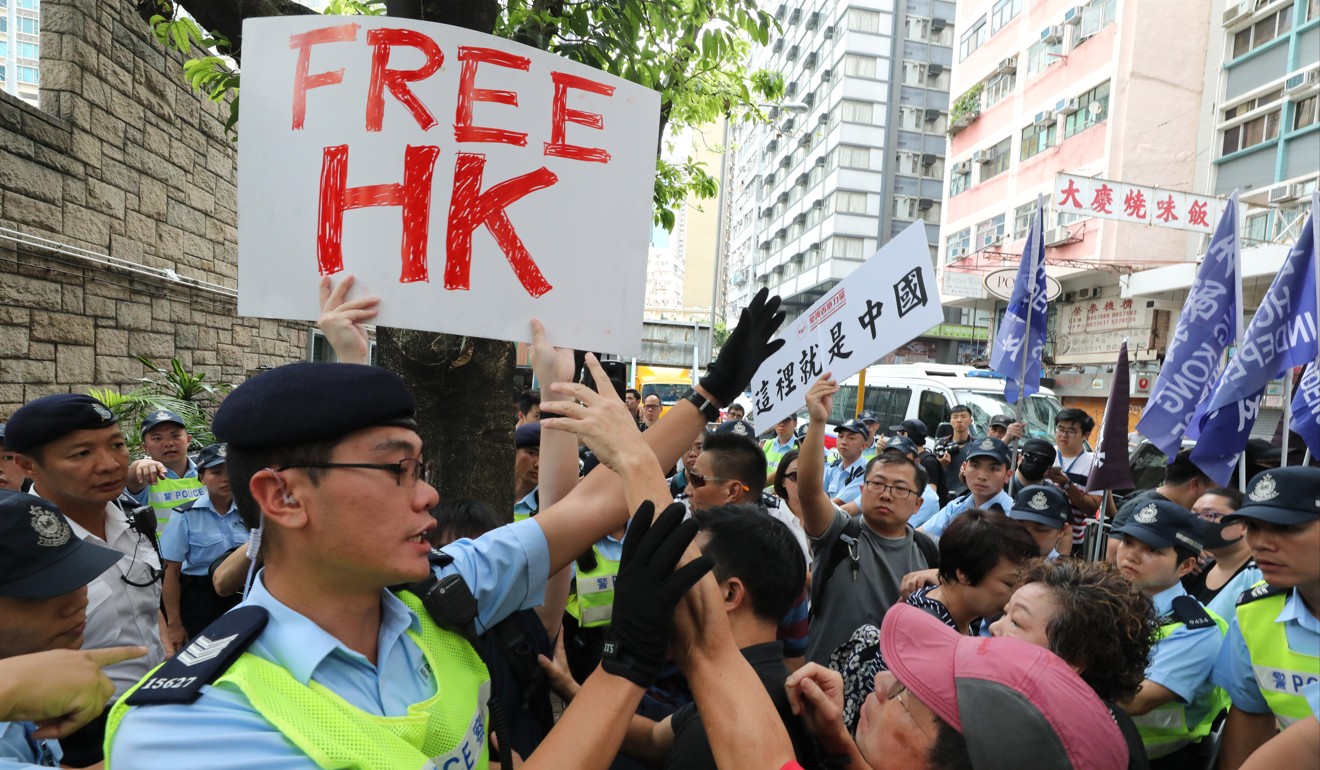
4. District council elections
Citywide polls to elect more than 450 councillors in 18 districts of Hong Kong is set for November 2019.
Following the disqualification of lawmaker Eddie Chu Hoi-dick from running in a rural-level election, the pro-democracy camp is expecting more applicants to be barred from running in next year’s district council polls.
Controversy will likely be sparked should Occupy icon Joshua Wong Chi-fung and other potentially “high-risk” election hopefuls go ahead with filing their applications.
Since 2016, 10 people have been barred from entering Legco and rural-level elections due to allegiance issues.
Those disqualified include advocates of Hong Kong independence and “self-determination”.
Political commentator Johnny Lau Yui-siu said there was no reason for the government to soften its grip on candidacy.
“Eddie Chu was disqualified, even though the rural representative election was at a lower level than the district council polls,” Lau said. “I don’t see why the government will be more merciful.”